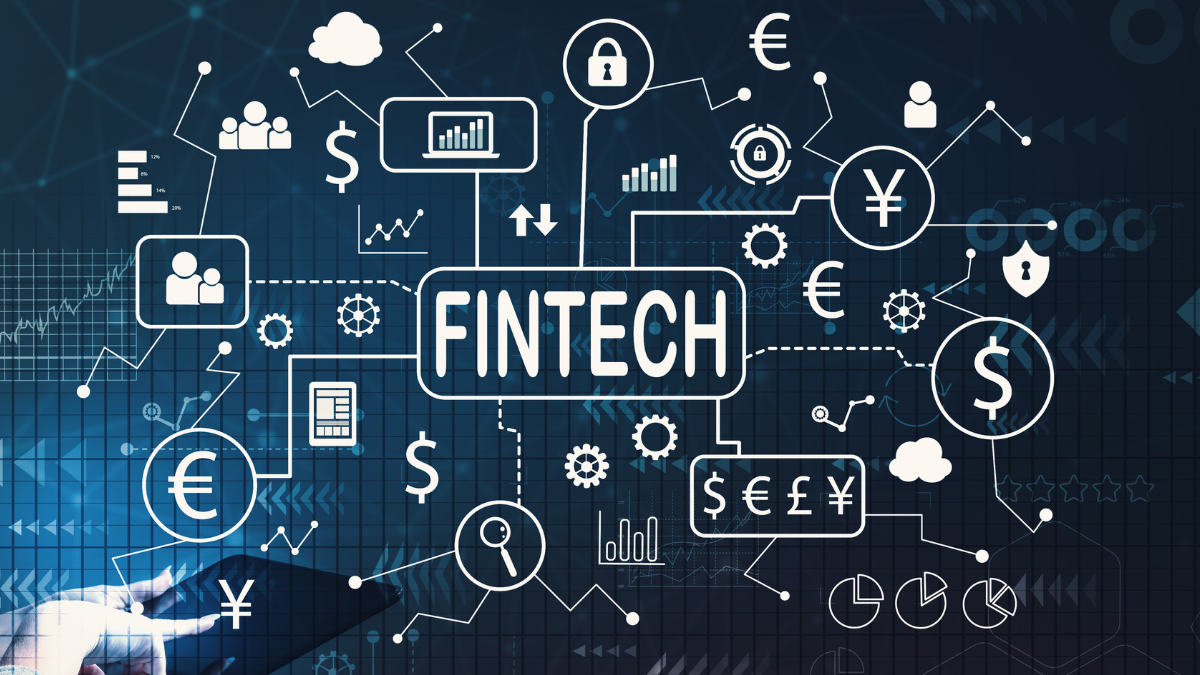In recent months, generative artificial intelligence (AI) has captured global attention, with widespread predictions about its profound impact on society, employment, and business dominating news headlines. AI is transforming how businesses interact with users, develop software, and analyze data, serving as a catalyst for reshaping workplace operations and fueling revenue growth. Among emerging technologies, generative AI is positioned to exert the most significant influence on businesses over the next 4 to 6 years, surpassing other capabilities such as advanced robotics, AR/VR, and 5G. The anticipated growth of the global artificial intelligence market is substantial, poised to expand from $513.31 billion in 2023 to an impressive $2,020.11 billion by 2030.
Generative AI stands out as a transformative force, eliminating the necessity to break down processes and offering a significant opportunity to seamlessly integrate and scale the technology across diverse business processes. Businesses are increasingly recognizing the immense potential of generative AI, acknowledging it as a game-changer. The market has matured to a point where major companies in every industry can no longer afford to turn a blind eye; they are now taking proactive measures to embrace and implement generative AI in their operations.

Cisco, known for its development and sale of networking hardware, software, and high-tech services, has entered the AI space with the introduction of the Cisco AI Assistant for Security. This marks a significant move towards integrating artificial intelligence into the Security Cloud, Cisco’s unified, AI-driven security platform. The AI Assistant for Security aims to redefine how organizations approach cybersecurity outcomes, tipping the balance in favor of defenders. It facilitates informed decision-making, enhances existing capabilities, and automates intricate tasks within the security domain.
Similarly, Meta, the parent company of Instagram, WhatsApp, and Facebook, has made substantial investments in AI, focusing on improving its algorithms. Meta has conducted extensive testing, exploring over 20 new ways in which generative AI can enhance user experiences across various platforms, including Facebook, Instagram, Messenger, and WhatsApp. These improvements span areas such as search functionality, social discovery, advertisements, business messaging, and more. Notably, one frequently used feature of Meta AI is its text-to-image generation capability, enabling users to create and share images seamlessly.
Google has recently introduced a new AI-driven note-taking app called NotebookLM, now widely accessible in the US. This innovative application incorporates new features like a noticeboard space and suggested actions, leveraging Gemini Pro, Google’s latest model designed for scaling across diverse tasks and enhancing document understanding and reasoning capabilities.
In the realm of advertising, AI has become a pivotal element, with a focus on enhancing ad relevance and personalization. Advertisers are leveraging AI to sift through extensive datasets, allowing for the precise identification and targeting of specific audience segments. Additionally, AI facilitates the creation of personalized ad content and recommendations tailored to individual user behaviors, preferences, and demographics.
The integration of AI-powered chatbots into advertising campaigns is another notable trend, enabling user engagement, query resolution, and the delivery of personalized recommendations. Furthermore, AI plays a crucial role in enabling advertisers to track and measure the performance of their campaigns with greater efficiency.
The risks associated with generative AI models are intricate and wide-ranging, encompassing various aspects of business, including privacy, security, compliance, and ethics. Enterprises face the potential of wasteful billions of dollars if they make misguided investments in inappropriate tools.
There is also the concern that employees might experience heightened anxiety due to the potential disruption of their regular work routines caused by the introduction of generative AI tools. Everyone in the industry must recognize that AI can optimize workflows, emphasizing efficiency over maintaining a large workforce that may not be as productive. Additionally, AI empowers businesses to swiftly analyze intricate data, significantly reducing the time required for such tasks.
– Subhendu Kumar Behera (Analyst)
for more information CLICK HERE




